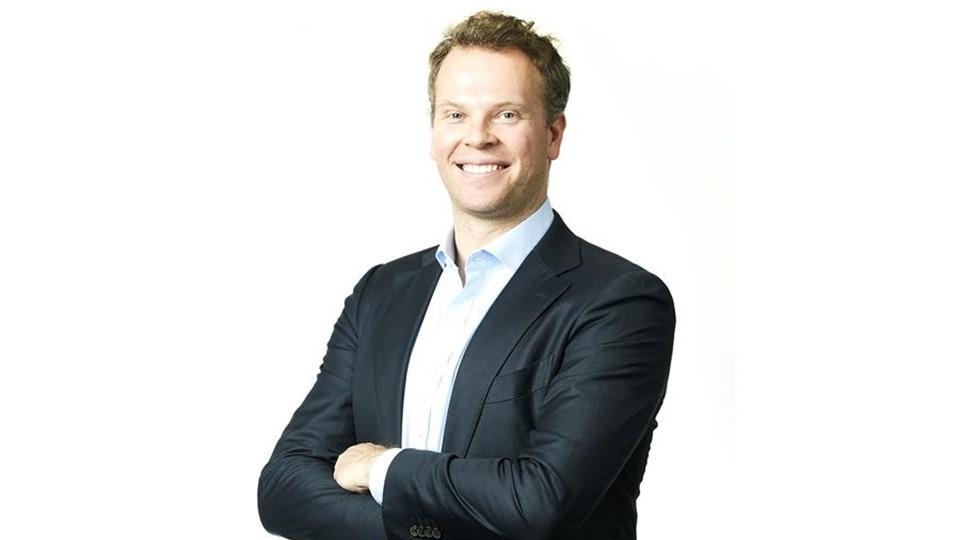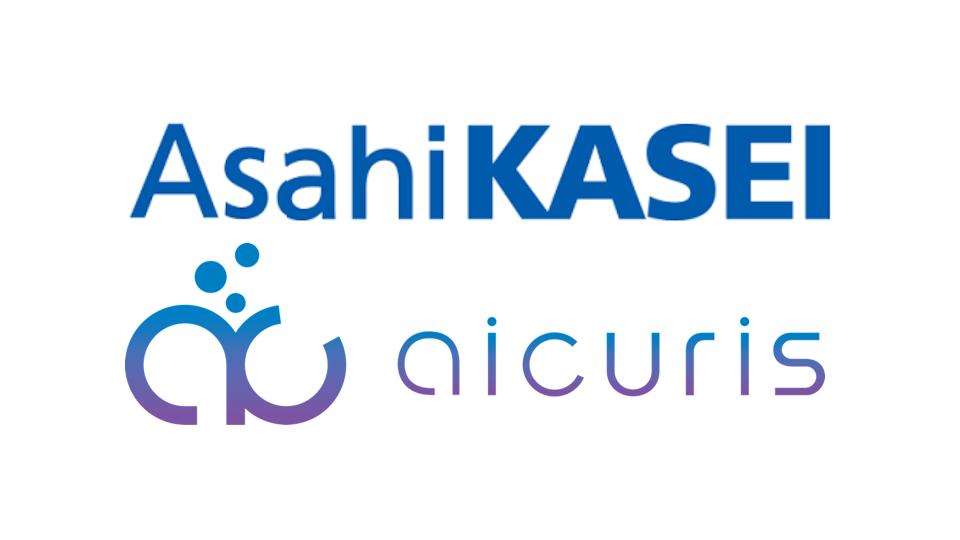Sosei snaps up Idorsia’s Japan, Korea units in $466m deal

Japan’s Sosei Group has completed a transition to a commercial-stage pharmaceutical company after buying rights to an already-marketed drug and a pipeline of experimental therapies from Swiss group Idorsia in certain Asia-Pacific markets.
The JPY 65 billion ($466 million) deal closed today and involves the purchase of Idorsia’s Japanese and Korean subsidiaries for JPY 25 billion in cash and a JPY 40 billion loan facility, along with rights they hold to endothelin receptor antagonist Pivlaz (clazosentan) for cerebral vasospasm and daridorexant, a dual orexin receptor antagonist for insomnia.
Pivlaz is already approved for marketing in Japan with sales of $53 million in its debut year, while daridorexant is already approved in other markets, including the US and Europe, and is due to be filed in Japan later this year. Sosei said it reckons the two drugs could add 35 billion yen in sales at their peak.
Specifically, the deal excludes China and covers Australia, Brunei, Cambodia, Indonesia, Japan, Laos, Malaysia, Myanmar, New Zealand, Philippines, Singapore, South Korea, Thailand, Taiwan, and Vietnam.
Sosei was first founded in 1990 and has grown since then through a series of acquisitions, including most notably its takeover of Heptares in 2015, bolted on R&D expertise in G-protein coupled receptors (GPCR) - a fertile source of new drug therapies.
Adding the Idorsia units fulfils Sosei’s strategic objective of becoming a “fully-integrated” biopharma company with drugs on the market backed up by an expanded pipeline of experimental therapies that will now include up to seven other candidates from Idorsia, as well as enhanced clinical development capabilities.
Acquiring the assets has likely shaved several years off the time it would take Sosei to reach that stage on its own.
The deal includes opt-in rights to cenerimod, an S1P1 receptor modulator that Idorsia has advanced into phase 3 for systemic lupus erythematosus, and glucosylceramide synthase inhibitor lucerastat, which is in late-stage development in the US for Fabry disease.
Also under consideration is P2Y12 antagonist selatogrel for suspected acute myocardial infarction, and earlier-stage candidates for multiple sclerosis, type 1 diabetes, and immune-mediated disorders.
“The Japan pharmaceutical market, given its size, large ageing population, and attractive high-quality clinical development and regulatory environment is the key next step for Sosei Heptares’ growth ambitions,” said Sosei Heptares' chief executive, Chris Cargill.
Along with the drugmaker’s own therapies, it also wants to become “a development and commercialisation partner of choice in the territory,” he added, suggesting other bolt-on deals may be on the way.
By 2030, Sosei has the objective of bringing novel medicines to market globally through collaborations with partners, a thriving commercial business in Japan, and a “broad, deep, and sustainable” R&D pipeline.
Sosei said it expects the deal to swell gross sales in Japan from 6.6 billion yen in the last fiscal year to almost 13 billion yen, and flip its earnings before interest and taxes into profit.













